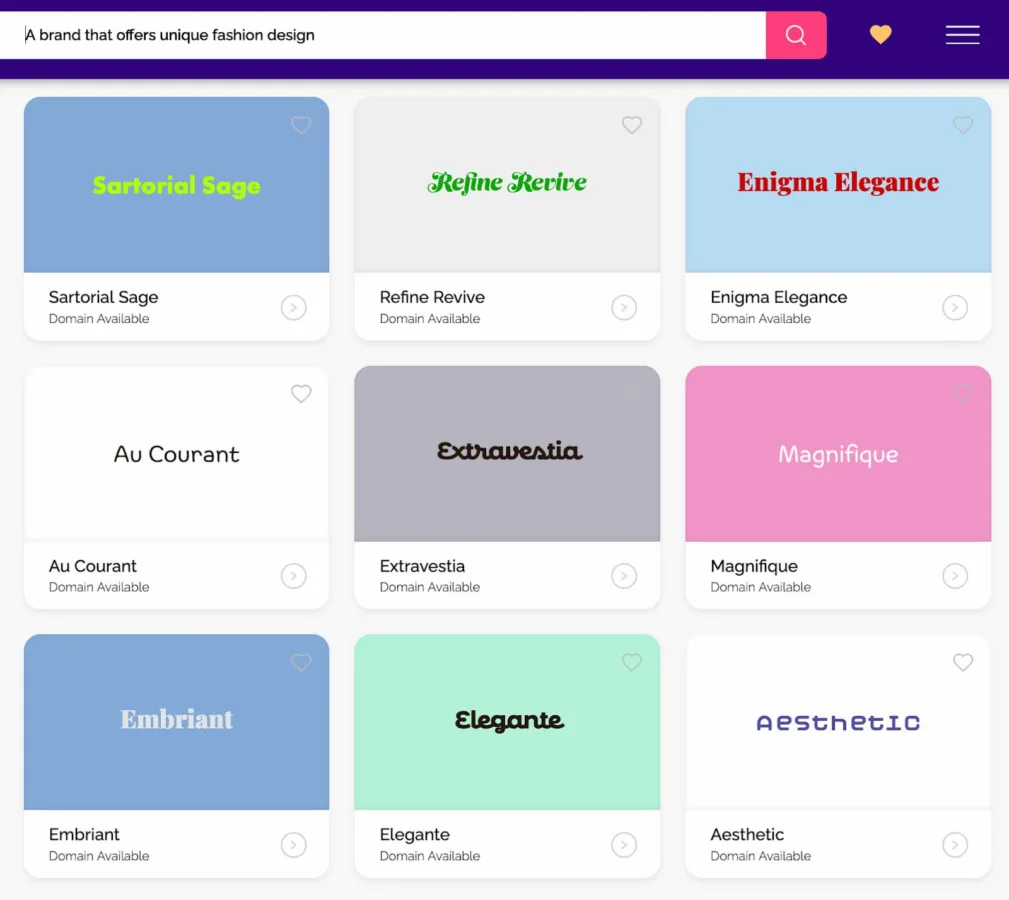Business
AI search: Domain name market has changed
The search for a unique domain name is crucial in today’s landscape. With branded searches on the rise and Google’s evaluation criteria evolving, the focus is on standing out.

Just a heads up, if you buy something through our links, we may get a small share of the sale. It’s one of the ways we keep the lights on here. Click here for more.
Finding a domain name for your business has always been a challenging task, but the game has changed a lot because of a few main reasons:
- The availability of all kinds of top-level domains has made it easier to find a good one. About ten years ago, .com domains were ranking noticeably better. Now there’s no distinction.
- The necessity to be findable for your branded terms is much more crucial now. Brand and product discovery often occurs on platforms that lack clickable links (such as ChatGPT, Claude, as well as
TikTok , Reddit, and Instagram). - Consumers are forced to search for brand names they discover through zero-click platforms, so many brands are seeing an increase in branded terms these days. This trend is likely to continue growing as generative AI platforms become more widely adopted.
So, while domain availability is better now, you should still find a name that is unique enough to be found online. Here are SEO considerations for finding a new domain:
1. Stay away from generic names
Many years ago keywords in domain names had a big influence on organic search.
Finding a keyword-matching domain name was key to future rankings. This has changed. Google isn’t considering domain names when evaluating a page’s relevancy.
Having a generic keyword-focused domain is more of an inconvenience these days because it will prevent you from building brand recognizability or getting found online for branded searches.
Having a unique name is much better for findability these days. It is still a good idea to find a name that will naturally trigger niche associations.
That will make it more memorable and will likely help with click-through. Tools like Namify help you come up with unique, yet relevant names:

2. Make sure you will be able to compete for your branded search
The availability of lots of top-level domains made it easier to register the same domain name that already exists.
It could be your niche or outside of it. But if it’s already ranking for your future brand name, you should carefully evaluate if you will be able to rank #1 for your branded search.
Sites like Moz (which measures and compares brand authority) and Semrush (which has metrics for a domain’s organic traffic history) are great tools to check how established your future competitors for organic brand search are.
3. Try and avoid “These are results for” corrections
When Google considers a word a misspelling, it will automatically generate results for the corrected spelling:

This will take some time to beat. If you expect people to start searching for your brand name right after the launch, avoid brand names that trigger search corrections, as these make new brands unfindable.
For example, if you plan to invest in ads or have a powerful email list, a lot of your prospects will search for your brand name before engaging and won’t be able to find it.
We’d love to hear your thoughts on this topic! What’s your experience or opinion? Drop a comment below or join the conversation with us on Facebook or Twitter.





























